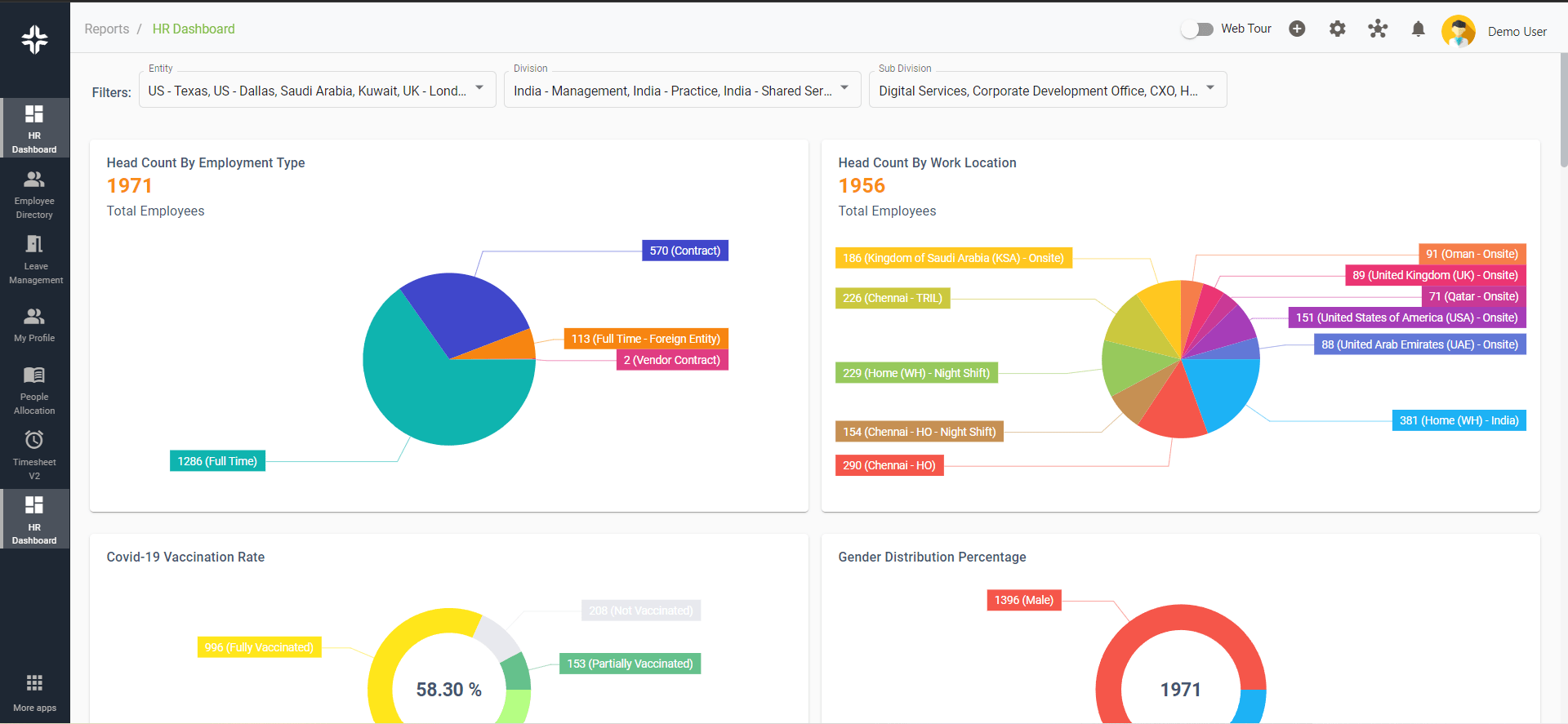Home » PSApedia
Manager-Employee Ratio
Discover the Ideal Manager-Employee Ratio for Your Organization. Improve Efficiency and Foster Growth.

What is the Manager-Employee Ratio?
The Manager-Employee Ratio, often referred to as the supervisory ratio, represents the number of employees that a single manager supervises. This metric is crucial for organizations as it provides insights into the management structure and helps determine if there are too many or too few managers for a given number of employees.
A balanced ratio ensures that employees receive adequate supervision, guidance, and support, leading to increased productivity and job satisfaction.
Importance of the Manager-Employee Ratio
Understanding the MER is essential for several reasons:
1. Efficient Resource Allocation: By monitoring this ratio, companies can ensure that they are not overstaffing or understaffing their management positions. This leads to cost savings and better resource allocation.
2. Employee Satisfaction: A balanced ratio ensures that employees are not overwhelmed or under-managed. This can lead to better communication, clearer expectations, and ultimately, higher job satisfaction.
3. Optimal Productivity: With the right number of managers, employees can receive the guidance they need to perform their tasks efficiently. This can lead to increased productivity and better results for the company.
4. Strategic Decision Making: This ratio can also inform strategic decisions, such as when to hire more managers or restructure teams for better efficiency.

Why Manager-Employee Ratio is so important?
How to Calculate the Manager-Employee Ratio?
Formula:
Manager-Employee Ratio = Number of Employees / Number of Managers
Example:
If a company has 100 employees and 5 managers, the MER would be:
Manager-Employee Ratio=100/5=20
This means that on average, each manager supervises 20 employees.
Difference Between Manager-Employee Ratio and Other Metrics
The Manager-Employee Ratio is often compared to other organizational metrics. One such metric is the Employee-Manager Ratio, which is the inverse of the Manager-Employee Ratio. While the Manager-Employee Ratio focuses on how many employees a manager supervises, the Employee-Manager Ratio emphasizes the number of managers per employee, which can be useful for understanding management overhead.
Another related concept is the span of control, which refers to the number of subordinates that a manager can effectively supervise. While similar, the span of control takes into account the complexity of tasks and the nature of the work, whereas the Manager-Employee Ratio is a straightforward numerical metric.
| Metric | Definition | Purpose |
|---|---|---|
| Manager-Employee Ratio | Ratio of managers to direct reports. Indicates how many employees are managed by a single manager. | Used to gauge the supervisory span of control in an organization. |
| Turnover Rate | Percentage of employees who leave the organization over a set period. | Used to assess employee retention and satisfaction. |
| Employee Engagement Score | A measure of employees’ passion, dedication, and commitment to their roles. | Used to determine overall employee satisfaction and morale. |
| Productivity Rate | Output per employee over a certain period. | Used to gauge efficiency and effectiveness of the workforce. |
| Absenteeism Rate | Percentage of workdays lost due to employee absence. | Monitors employee health, morale, and work-life balance. |
Usage of the Manager-Employee Ratio
Organizations use the Manager-Employee Ratio in various ways:
1. Organizational Design: Companies can structure their teams and departments based on this ratio to ensure optimal supervision.
2. Budgeting and Forecasting: By understanding this ratio, companies can make informed decisions about hiring or restructuring.
3. Performance Analysis: Organizations can assess the performance of managers based on how effectively they manage their teams, given the ratio.
4. Benchmarking: Companies can compare their Manager-Employee Ratio to industry standards or competitors to gauge their efficiency.
Ready to Optimize Your Manager-Employee Ratio?
KEBS, a leading PSA Software, offers tools and insights to help organizations optimize their Manager-Employee Ratio. With features like resource management, project management, and finance management, KEBS provides a holistic view of an organization’s operations.
By leveraging KEBS, companies can use KEBS analytics tools to assess the current Manager-Employee Ratio and make necessary adjustments. Predict future staffing needs based on the desired ratio and business growth projections. Equip managers with the skills and knowledge they need to effectively supervise their teams, regardless of the ratio. Seamlessly integrate KEBS with other business systems for a comprehensive view of the organization.

KEBS HR Dashboard
Ready to optimize your Manager-Employee Ratio? Contact KEBS today or request a demo to see how KEBS can transform your organization’s management structure.



